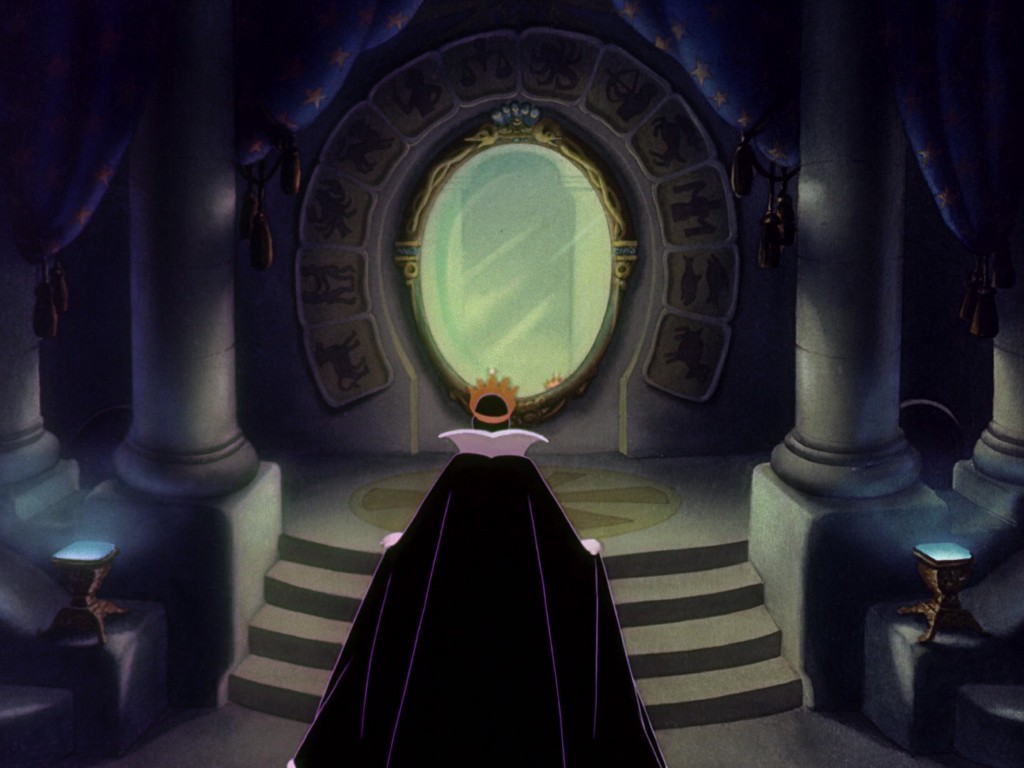If You Want to Earn a Lot of Money, Be Really Beautiful or Really… Not
Both “beautiful” and “ugly” people get earnings bumps, but there might be other factors at play here.

Good news for all of us who aren’t conventionally gorgeous, I guess—a group of researchers discovered that subjects they considered “ugly” earned even more than subjects they considered “beautiful.”
As NBC News reports:
Does pretty pay? New study undermines the ‘beauty premium’ at work
Economists have puzzled over the so-called beauty premium. Although it made sense in some occupations — in customer service or sales, for example — it seemed to hold true in jobs that had nothing to do with looks.
But a new study published in the Journal of Business and Psychology found something different, and perhaps cheering to the unappealing underdog: People who are not just unattractive but “very unattractive” actually make even more money than their beautiful colleagues, evidence of a potential “ugliness premium.”
Let’s go to the study itself, because I like primary sources:
Is There Really a Beauty Premium or an Ugliness Penalty on Earnings?
Very unattractive respondents always earned significantly more than unattractive respondents, sometimes more than average-looking or attractive respondents. Multiple regression analyses showed that there was very weak evidence for the beauty premium, and it disappeared completely once individual differences, such as health, intelligence, and Big Five personality factors, were statistically controlled.
Okay. This paragraph states that “very unattractive respondents” sometimes earn more than “attractive respondents.” (A different paragraph states that “very unattractive workers have extremely high earnings and earn more than physically more attractive workers,” so… I guess that’s not technically contradictory.) It also states that appearance, at least from the beautiful end, is less important than “health, intelligence, and Big Five personality factors,” which NBC News lists as “extraversion, agreeableness, conscientiousness, openness to experience and neuroticism.”
(Wait, are you supposed to have high amounts of extraversion, agreeableness, conscientiousness, and openness to experience, and low amounts of neuroticism? This list doesn’t make sense. Why didn’t they call the Big Five personality factors “extraversion, agreeableness, conscientiousness, openness to experience and ability to remain calm,” or something?)
But the point that this study seems to be making is that health, intelligence, and personality matter just as much, if not more, than physical appearance—although, as the London School of Economics’ Satoshi Kanazawa told NBC News, there might be direct correlations:
“We don’t yet know why it is that very unattractive individuals are more intelligent and have greater education,” Kanazawa told NBC News BETTER. “We are the first ones to discover this exceptional pattern.”
I feel like the “uggo nerds are really smart” trope has been around for a while, Kanazawa. It’s right up there with “and as soon as you take off their glasses, they transform into the most beautiful people in the room.” There’s a lot that could be said for why what our culture considers “physical unattractiveness” might correlate with higher levels of education, and a lot of it is stereotypical and offensive, so I’ll leave it unsaid. But I find it strange that these researchers are claiming they’re the first people to notice this.
What do you think about this study? Are you at all surprised to learn that both the very attractive and the very unattractive tend to earn more than the rest of us in the middle? Do people who stand out just… stand out? That’d be my theory, but I don’t have any scientific proof to back it up.
Support The Billfold
The Billfold continues to exist thanks to support from our readers. Help us continue to do our work by making a monthly pledge on Patreon or a one-time-only contribution through PayPal.
Comments